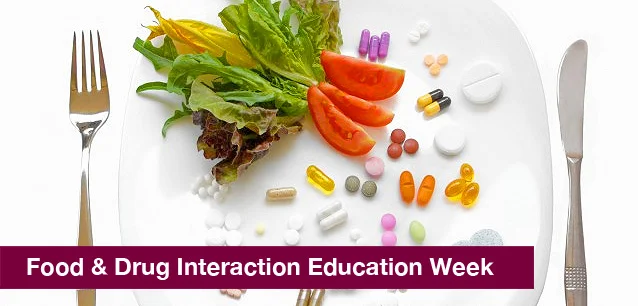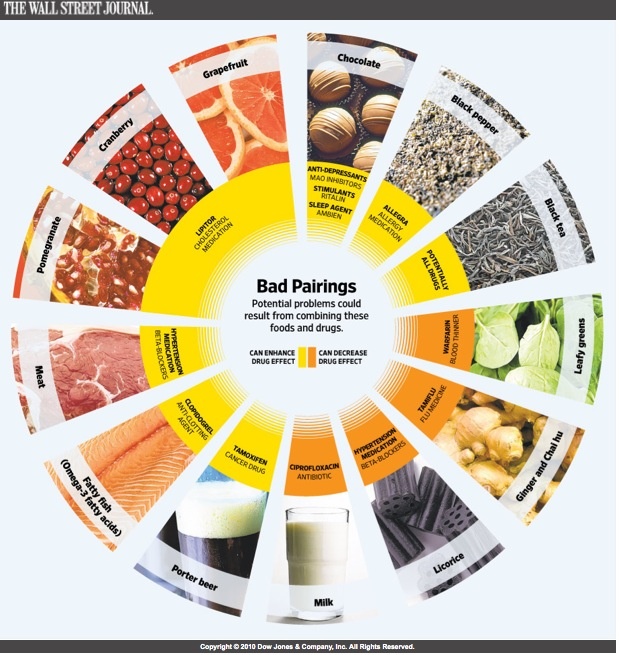 AD
AD
Today is: December 01
Scroll to explore events active on this date.
Additional Events on LEEP
LEEP INK FEATURES

August? Absolutely!
In August, we live through the Dog Days of Summer. It's hot and often humid, and those who can leave for better climates do. Down south, winter is in full force. August is also known as "the ...

In The Heat of July: July 2025 Events
Is it hot enough (or cold enough if you're below the equator) for you yet? There is actually a day for that! Like every month, I pick a diverse collection of events you may or may not know about. This ...

May Blooms: Events in May 2025
Along with October, May is one of the most densely packed months of the year. It's before the summer humidity and the last whole month of the school year. The weather is warming in t...
About National Food & Drug Interaction Education Week
Health , United States
Ends: Oct 24, 2023
DESCRIPTION:
Pharmacists Planning Service, Inc. sponsors Food & Drug Interaction Education Week in October.
Consumers are often unaware that some medications are affected by the foods we eat, herbs we consume, what we drink, and even habits like smoking. We call this a food-drug interaction.
Medicine can treat and cure many health problems. However, medications must be taken properly to ensure they are safe and effective. These have potent ingredients that interact with the human body in different ways, and diet and lifestyle can sometimes significantly impact a drug's ability to work in the body. Certain foods, beverages, alcohol, caffeine, and even cigarettes can interact with medication making them less effective or causing dangerous side effects. Changes in a medicine's impact due to an interaction with food, alcohol, or caffeine can be significant.
However, many individual factors influence the potential for such variations, like dose, age, weight, sex, and overall health.
Please see the PPSI site http://www.ppsinc.org/fooddrug.htm for complete information on food and drug interactions relating to:
1) Antibiotics
2) Antidepressants
3) Antivirals
4) Cardiovascular Drugs
5) Diuretics
and other medications
VIDEOS
SUPPORTING DOCUMENTS
Where would you like to go now?
 AD
AD




/footer-logo.svg)
